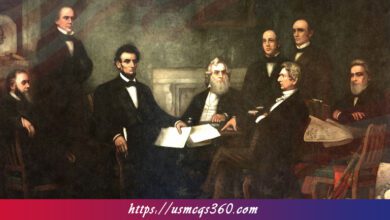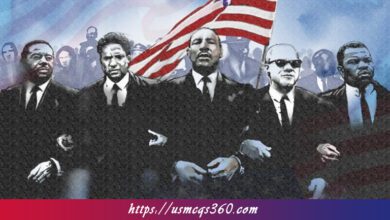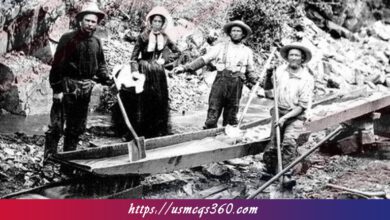US Progressive Era Immigration Policies MCQs with Answer

Welcome to the US Progressive Era Immigration Policies MCQs with Answers. In this post, we shared US Progressive Era Immigration Policies Online Test for different competitive exams. Find practice US Progressive Era Immigration Policies Practice Questions with answers in US MCQs Tests exams here. Each question offers a chance to enhance your knowledge regarding US Progressive Era Immigration Policies.
US Progressive Era Immigration Policies Online Quiz
By presenting 3 options to choose from, US Progressive Era Immigration Policies Quiz which cover a wide range of topics and levels of difficulty, making them adaptable to various learning objectives and preferences. You will have to read all the given answers of US Progressive Era Immigration Policies Questions and Answers and click over the correct answer.
- Test Name: US Progressive Era Immigration Policies MCQ Quiz Practice
- Type: Quiz Test
- Total Questions: 40
- Total Marks: 40
- Time: 40 minutes
Note: Answer of the questions will change randomly each time you start the test. Practice each quiz test at least 3 times if you want to secure High Marks. Once you are finished, click the View Results button. If any answer looks wrong to you in Quiz, simply click on question and comment below that question, so that we can update the answer in the quiz section.
[ays_quiz id=”8″]
Download Certificate of US Progressive Era Immigration Policies Test
On the end of Quiz, you can download the certificate of the quiz if you got more than 70% marks. Add a certificate to your job application or social profile (like LinkedIn) and get more job offers.
US Progressive Era Immigration Policies Flashcards
[ays_quiz_flash_card by=”quiz/category” id=”8″]
If you are interested to enhance your knowledge regarding UK, Canada, and Australia please click on the link of each category, you will be redirected to dedicated website for each category.




